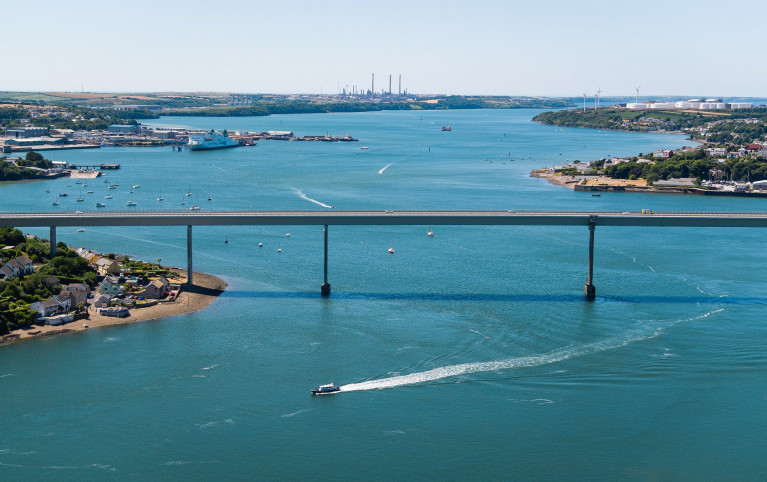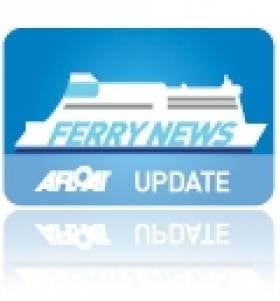Displaying items by tag: Naming competition
Naming Competition Launched in Wales for Pembroke Dock's Historic Buildings
In south Wales the port of Pembroke Dock has a rich maritime history having been a military town for 150 years. Today, the former Royal Naval Dockyard is a commercial port including a ferry link to Ireland in addition to having an exciting future in the renewables industry.
The Port of Milford Haven forms a key part of the £60m Swansea Bay City Deal’s Pembroke Dock Marine project which will deliver the facilities, services and spaces needed to establish a world-class centre for marine energy and engineering.
As part of this, four Grade II listed annexes attached to the Sunderland Hangars are in need of renovation to bring them into the 21st century and offered as flexible modern workspaces. The building works will begin in November 2021 and are on schedule to be completed by November 2022.
Today, the Port is launching a naming competition for the four annexes and is inviting submissions from members of the community. There are four suggested themes: heritage, renewable future, maritime and social history, but all ideas are welcome.
Commercial Director at the Port, Steve Edwards, said “Pembroke Port is steeped in history and we want to ensure we preserve these buildings so they can be used in the next exciting chapter. Pembroke Dock Marine offers huge opportunities for the town as well as the entire region, so it’s really important that we create desirable accommodation for businesses to establish themselves here. We want to involve the whole community in our plans by inviting memorable names with a back story to complement the developments.”
To submit your suggestions, visit the port's website here by Monday 18th October.
Pembroke Dock Marine is funded by the Swansea Bay City Deal, the European Regional Development Fund through the Welsh Government, and through private investment.
#Condor102name - A competition to name Condor Ferries new high-speed car-ferry which is to serve UK-Channel Islands routes from the end of March, has attracted thousands of entries from islanders.
The competition’s prize to win a year’s free ferry travel has drawn over 7,000 responses. Condor Ferries had run the competition in conjunction with the Jersey Evening Post and Guernsey Press during December.
The state-of-the-art 102m trimaran ferry, Condor 102, is currently being customised in the UK before she enters services from Poole to St. Peter Port, Guernsey and St. Hellier on Jersey. She will be capable of 35 knots, though passage times will remain to current sailing schedule crossing times.
As previously reported on Afloat.ie, Condor 102 arrived in Poole on Boxing Day following a 10,500 nautical mile delivery voyage from the Philippines.






























































